Putts & PD 2025

This webinar will cover how to plan a simple roadmap and additional recommendations for getting started defending your company from Cybersecurity attacks.
For FloridaMakes clients working with Defense customers, provided is an overview of the Department of Defense Cybersecurity Maturity Model Certification (CMMC) program, and recommendations for getting started and achieving this critical compliance requirement.
Speakers will present the no-cost programs and services available to Florida companies, including the Critical Infrastructure Risk Assessment.
The presentation will conclude with next steps and additional resources to get you on a path toward CMMC compliance.
Finally, extra time will be allocated for a robust Q&A starting with a review of the concerns posed at the prior webinar.
Key Takeaways:
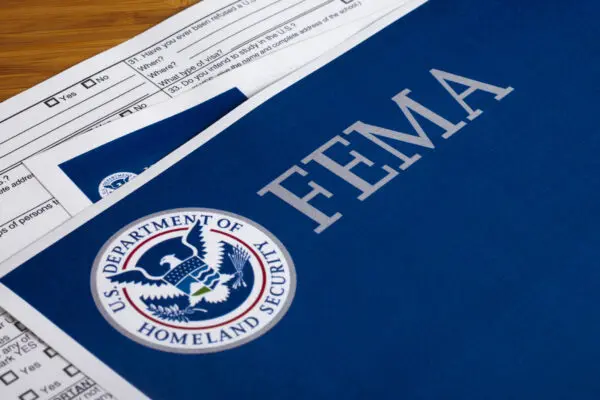
This 16-hour course provides guidance on building and executing a robust cybersecurity incident recovery program, covering both pre- and post-incident stages. It bridges IT and emergency management to help government, critical infrastructure, and private-sector personnel effectively respond to and recover from cyber disruptions.
Through interactive discussion and practical exercises, participants will learn best practices and tactical strategies for restoring operations following a cyber-attack. By the end of this course, you’ll be equipped to strengthen organizational resilience, manage cyber incidents more effectively, and build an action plan for continued readiness.
As part of a Department of Homeland Security/Federal Emergency Management Agency (DHS/FEMA) cooperative agreement training program, this course is available at no direct cost to state, county, and local government agencies.
Key Topics Include:
Suggested Audience
Upon successful completion, you will be able to:
Enrollment Requirements
Participants must be U.S. citizens. A FEMA Student ID is required to register for and participate in any training provided by FEMA agencies. All FEMA training providers, registration systems, and enrollment procedures are required to use this FEMA SID, which can be obtained at the following website: https://cdp.dhs.gov/femasidopens in a new tab; or with TEEX assistance upon arrival for class.

This webinar will underscore the crucial role of basic research in driving cybersecurity innovation from a multidisciplinary perspective and raise awareness within the academic community about UC2’s interest in partnering to fund groundbreaking basic research in cybersecurity.
With a welcome introduction by National Defense University’s President, VADM Peter A. Garvin, USN, guest speakers from Space Force, Air Force and Minerva Research Initiative will address cyber strategy for Space Force, levels of basic research and technological applications, research requirements, future-focused discussions, and human-centered needs.
Speakers:
Register today to join this conversation about the transformative potential of basic research in cybersecurity and discover exciting opportunities for academic partnerships with UC2.
Communication, Collaboration and Access: UC2 aims to fill this gap through its mission of increasing communication, collaboration, and access. UC2 funds basic and applied research. With a strong focus on partnerships, UC2 measures the impact of collaboration. UC2 believes that partnership will influence how research is transferred into the hands of users and also the DoD challenges are transferred back to the academic teams who can address them.

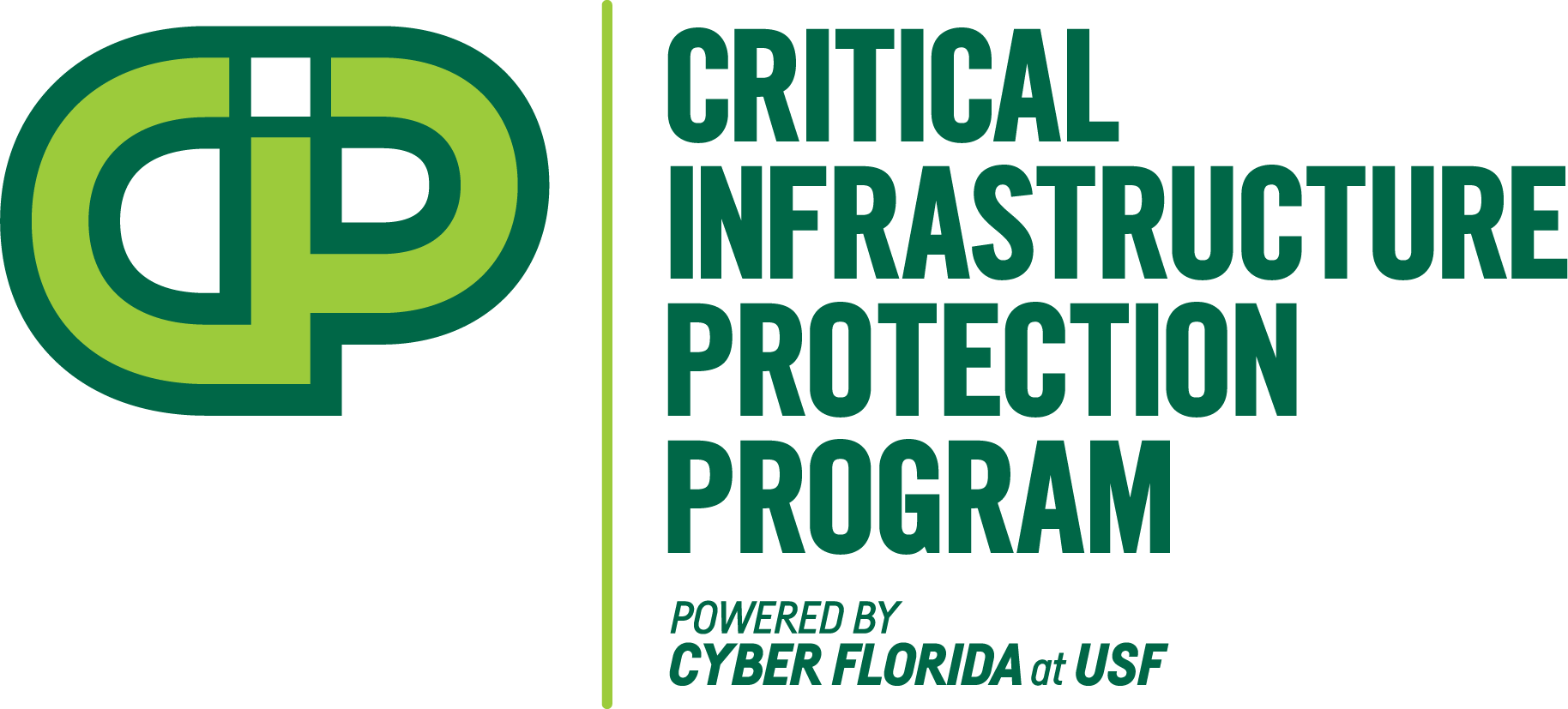
Our current event includes the following subject areas:
If you have requests beyond these areas, please let us know.
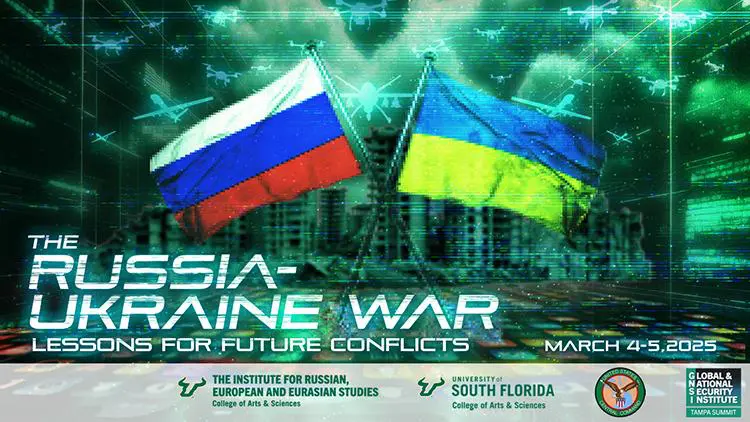
The Russian invasion of Ukraine has created a sharp evolution, if not a revolution, in modern conflict and wartime strategy. Emerging technologies and innovative strategies such as drone employment, information operations, social media, and battlefield medical treatment have featured prominently and will impact how combatants around the world approach future conflict. How can we expect these lessons to be applied, and how should U.S. national policy address these changes?
In cooperation with the USF College of Arts and Sciences, the Institute for Russians, European, and Eurasian Studies and the United States Central Command, GNSI Tampa Summit 5 will bring together the country’s boldest scholars, subject matter experts, and policymakers to probe deeply into those questions and many more.
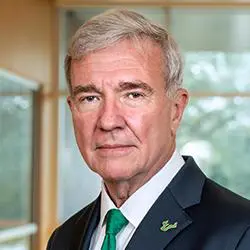
General (Ret) Frank Mckenzie
Executive Director, GNSI, University of South Florida and former commander of U.S. Central Command
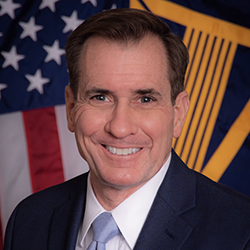
John Kirby
White House National Security Communications Advisor

Olga Chiriac, PhD
Project Europe Director, Irregular Warfare Initiative
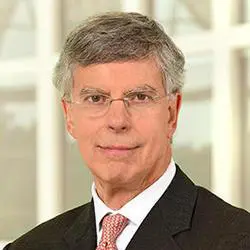
Ambassador (Ret) Bill Taylor
Vice President, Europe and Russia, USIP and former U.S. Ambassador to Ukraine
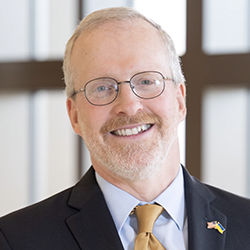
David Kramer
Executive Director, George W. Bush Institute
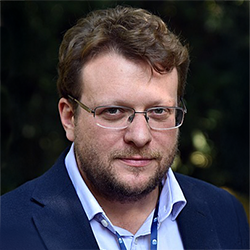
Peter Pomerantsev
Senior Fellow, SNF Agora Institute, Johns Hopkins University
|
|
Join as we once again convene some of the world’s leading scholars to discuss China’s power projection through cyberspace. Since this group last convened, the world has seen an explosion in the availability and use of artificial intelligence (AI) as well as an extension of the digital attack surface. Some questions they’ll ponder include: How might an AI capability enhance China’s security? What is China’s current cyberspace strategy and how might it be augmented by AI? Will AI make China more effective with cyber-enabled information operations, cyber espionage, and offensive cyber? How might China’s terrestrial ambitions be reflected in cyberspace? Don’t miss this opportunity to hear some of the top experts discuss cyberspace, China, and national security!
Moderator: Dr. Mark Grzegorzewski
Panelists:
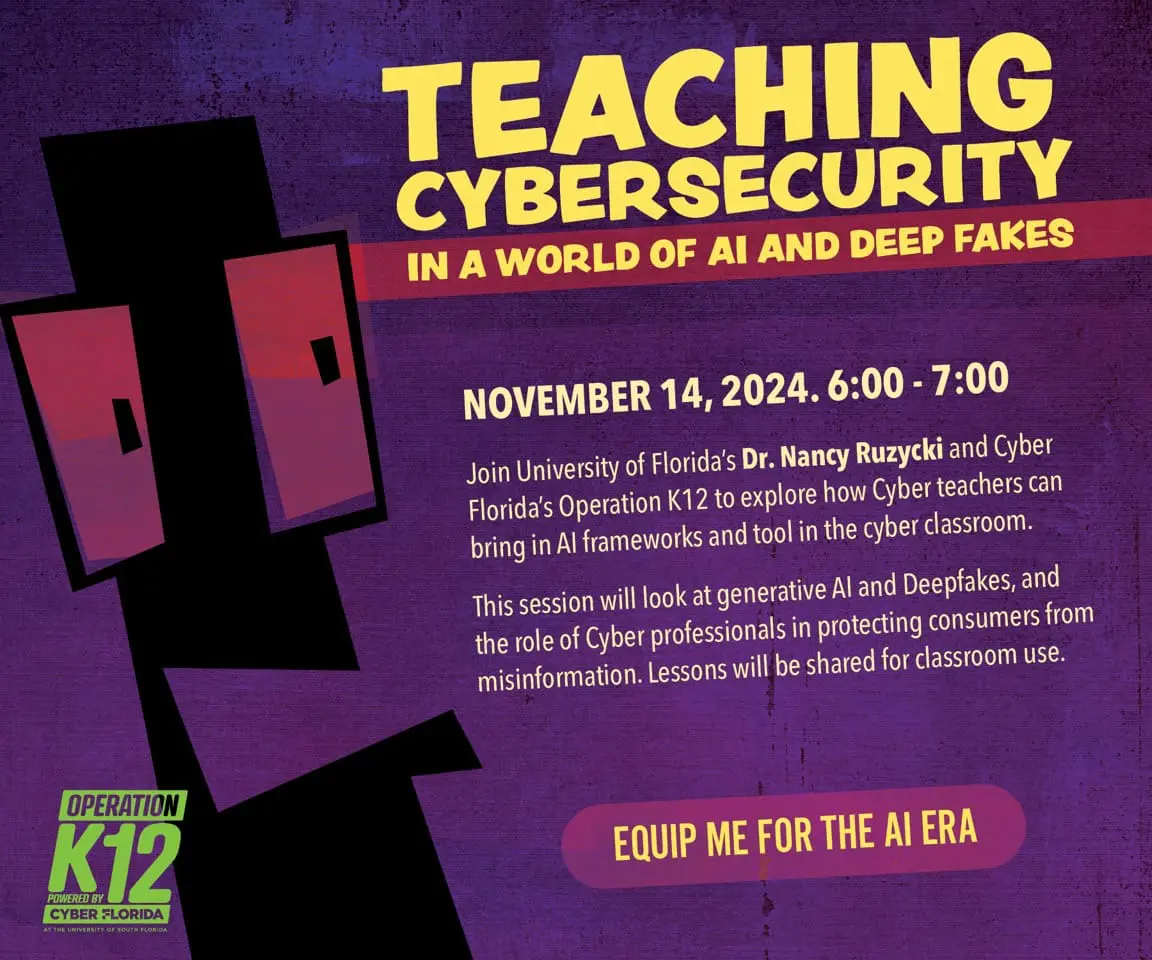
In this webinar, the University of Florida’s Dr. Nancy Ruzycki and Cyber Florida’s Operation K12 will explore how cyber teachers can bring in AI frameworks and tools in the cyber classroom.
This session will look at generative AI and deepfakes, and the role of cyber professionals in protecting consumers from misinformation.
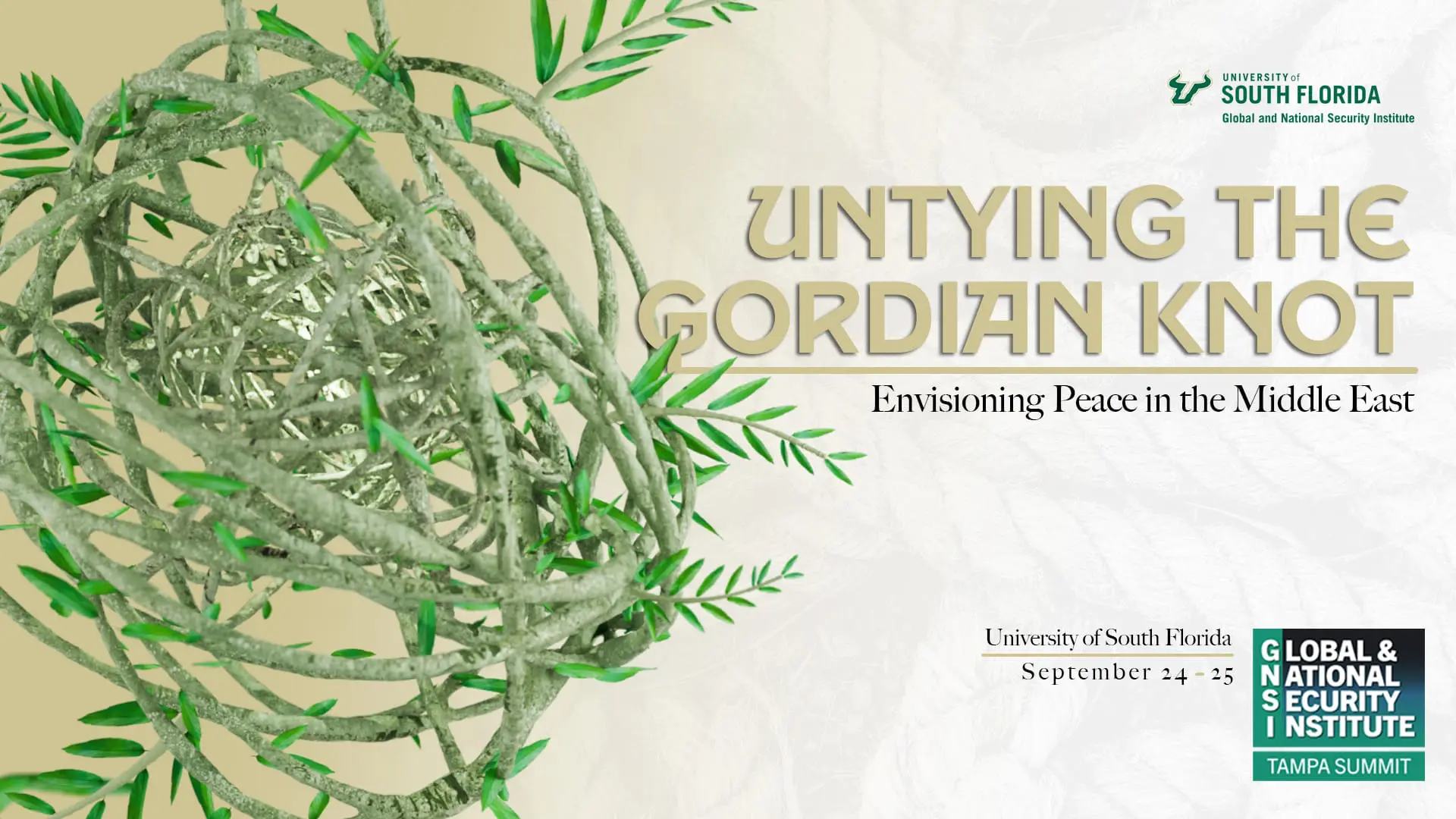
Featuring the 10th Great Power Competition Conference (GPC10), September’s conference will bring together the world’s leading experts to seek new ideas, new unexplored pathways and new plans for finding a sustainable peace in a region that has been dominated by perpetual violence and war for hundreds of years.
Navigating through this turbulent landscape demands a comprehensive understanding of how various rivals, competitors, and allies of the United States are advancing their interests through economic, diplomatic, informational, and military inroads in this complex and crucial region.
GNSI Tampa Summit 4 is presented in partnership with the U.S. Central Command (USCENTCOM) and the USF College of Arts and Sciences.
A Few of Our Confirmed Speakers:
• General (Ret) Frank McKenzie, GNSI Executive Director and former commander of USCENTCOM
• Ambassador (Ret) Greta Holtz, former ambassador to Oman and CEO of Amideast, a global non-profit focused on the Middle East
• Ambassador (Ret) Gerald Feierstein, former ambassador to Yemen
• Lucy Kurtzer-Ellenbogen, a Director for the U.S. Institute of Peace
• Merissa Khurma, a Director at the Wilson Center
• Noam Raydan, Senior Fellow at the Washington Institute for Near East Policy
Plus! Discussions that will open up the future in the hope of finding new roads to peace in the region:
• Imagining Peace in the Middle East
• The Faith of the Abraham Accords
• The Trajectory of U.S. Foreign Policy in the Middle East
• A Common Enemy and Collective Security
• Disruption in Global Supply Chains Due to Middle East Conflict
September 24-25, 2024 Marshall Student Center, USF Tampa Campus In-Person Attendance Only No Cost to Attend / Registration Required
